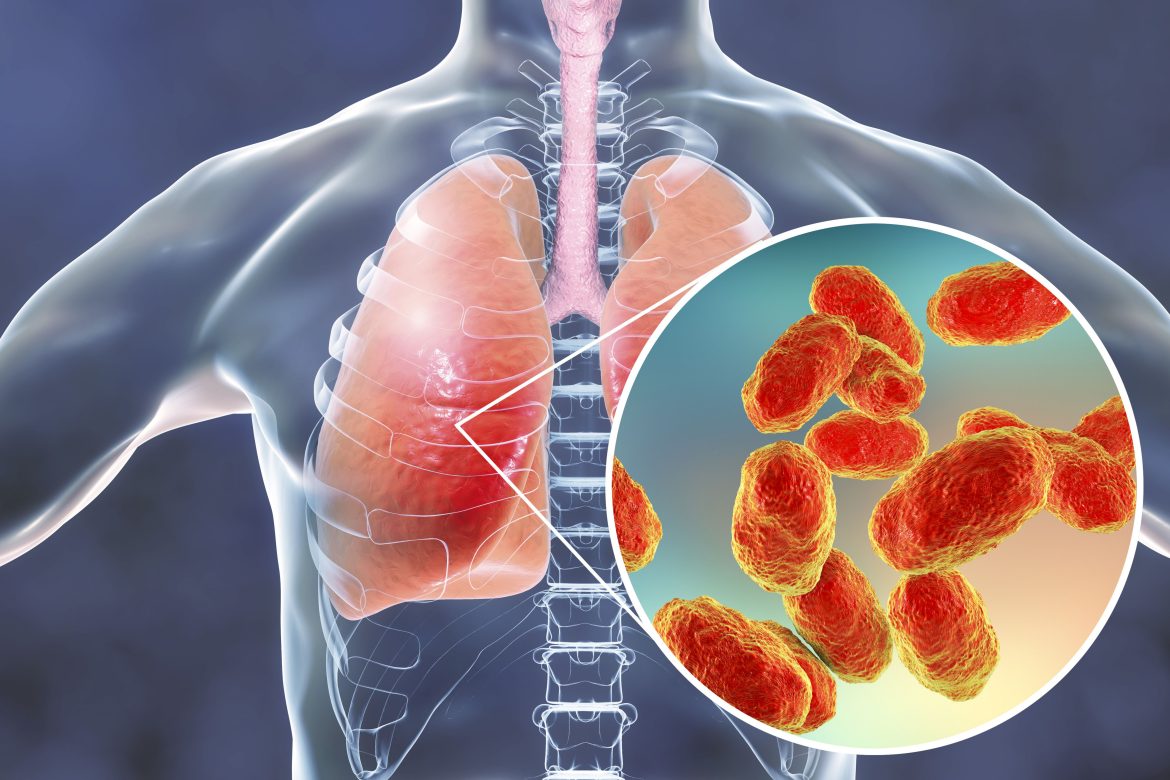Influenza, commonly known as the flu, is a viral respiratory illness that affects millions worldwide each year. While primarily recognized for its respiratory symptoms, influenza can potentially lead to complications affecting other organ systems, including the heart. One such serious complication is myocarditis, an inflammatory condition of the heart muscle that can have significant implications for health and wellbeing.
Understanding Myocarditis
Myocarditis is characterized by inflammation of the myocardium, the middle layer of the heart wall responsible for its muscular function.
This condition can result from various causes, including viral infections like influenza, bacterial infections, autoimmune diseases, and certain medications. When myocarditis occurs, the heart muscle becomes inflamed, which can weaken the heart’s ability to pump blood effectively and, in severe cases, lead to complications such as heart failure, abnormal heart rhythms, and even sudden cardiac death.
SEE ALSO: Does Myocarditis Get Worse at Night?
The Link Between Influenza And Myocarditis
Research has indicated that influenza can indeed trigger myocarditis in susceptible individuals. The influenza virus, particularly strains such as H1N1 and influenza B, can directly infect heart muscle cells, leading to inflammation and damage. This viral invasion of the heart tissue can provoke an immune response, causing further inflammation and potentially affecting cardiac function.
Studies have shown that myocarditis associated with influenza tends to occur more frequently during influenza epidemics and pandemics, when viral transmission rates are higher. The severity of myocarditis can vary widely, ranging from mild cases with minimal symptoms to severe cases requiring intensive medical intervention.
Mechanisms of Influenza-Induced Myocarditis
The mechanisms by which influenza induces myocarditis are multifaceted. The influenza virus can directly infect cardiomyocytes (heart muscle cells) through viral replication within these cells. This direct infection can trigger an inflammatory response mediated by the immune system, involving cytokines and immune cells that contribute to myocardial inflammation and injury.
Furthermore, the systemic immune response mounted against influenza can inadvertently target heart tissue, leading to autoimmune-like reactions where the body’s immune system attacks healthy cardiac cells. This autoimmune response exacerbates myocardial inflammation and can prolong the recovery process.
Clinical Presentation And Diagnosis
Diagnosing influenza-induced myocarditis can be challenging due to its varied clinical presentation. Patients may initially present with symptoms typical of influenza, such as fever, cough, sore throat, and body aches. As myocarditis develops, additional symptoms related to heart dysfunction may emerge, including chest pain, palpitations, shortness of breath, fatigue, and swelling in the legs or abdomen.
Diagnostic tests play a crucial role in confirming myocarditis. These may include electrocardiography (ECG or EKG) to assess heart rhythm abnormalities, echocardiography to evaluate heart structure and function, cardiac MRI to visualize myocardial inflammation, and blood tests to detect biomarkers of cardiac injury and inflammation.
Treatment And Management
The management of influenza-induced myocarditis typically involves supportive care and treatment aimed at alleviating symptoms, reducing inflammation, and supporting cardiac function. Depending on the severity of myocarditis, treatment may include:
Bed rest and symptom management: Rest and symptom relief medications such as pain relievers and antipyretics (for fever).
Anti-inflammatory therapy: Corticosteroids or other anti-inflammatory medications may be prescribed to reduce myocardial inflammation.
Heart failure management: Medications to support heart function, such as diuretics, ACE inhibitors, or beta-blockers, may be necessary in cases where myocarditis has led to heart failure.
Monitoring and follow-up: Close monitoring of cardiac function through repeat imaging and cardiac tests is essential to assess recovery and detect any complications early.
In severe cases of influenza-induced myocarditis, advanced interventions such as mechanical circulatory support or even heart transplantation may be required, although these are relatively rare.
Prevention Strategies
Preventing influenza infection is key to reducing the risk of influenza-induced myocarditis. Vaccination against seasonal influenza strains is highly recommended, especially for individuals at higher risk of complications, such as young children, older adults, pregnant women, and individuals with underlying medical conditions, including cardiovascular disease.
Additionally, practicing good hand hygiene, avoiding close contact with sick individuals, and staying home when ill can help limit the spread of influenza viruses and reduce the likelihood of infection.
Conclusion
In summary, influenza can cause myocarditis, although it is considered a relatively rare complication. The influenza virus can directly infect heart muscle cells, triggering an inflammatory response that may lead to myocardial inflammation and dysfunction. Early recognition and appropriate management of influenza-induced myocarditis are crucial to minimizing complications and improving outcomes for affected individuals. Prevention through influenza vaccination and public health measures remains essential in mitigating the risk of influenza-related cardiac complications.

